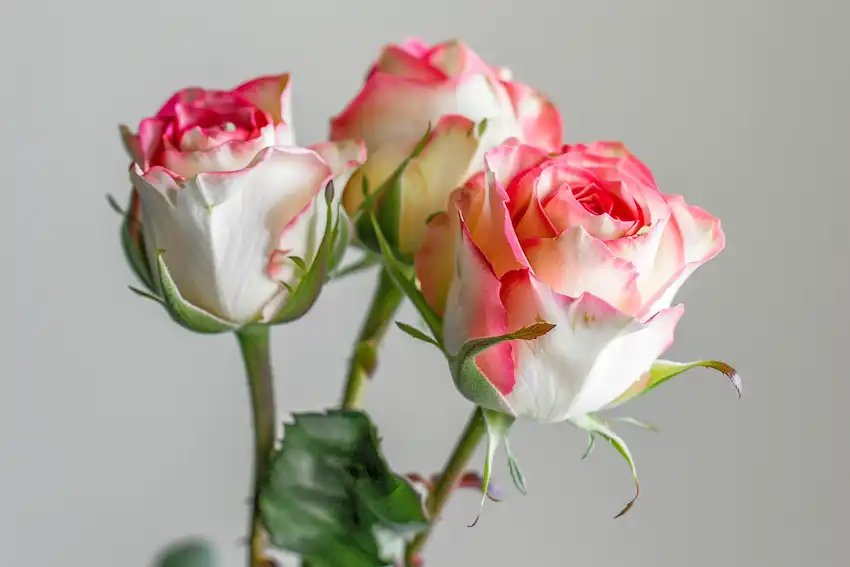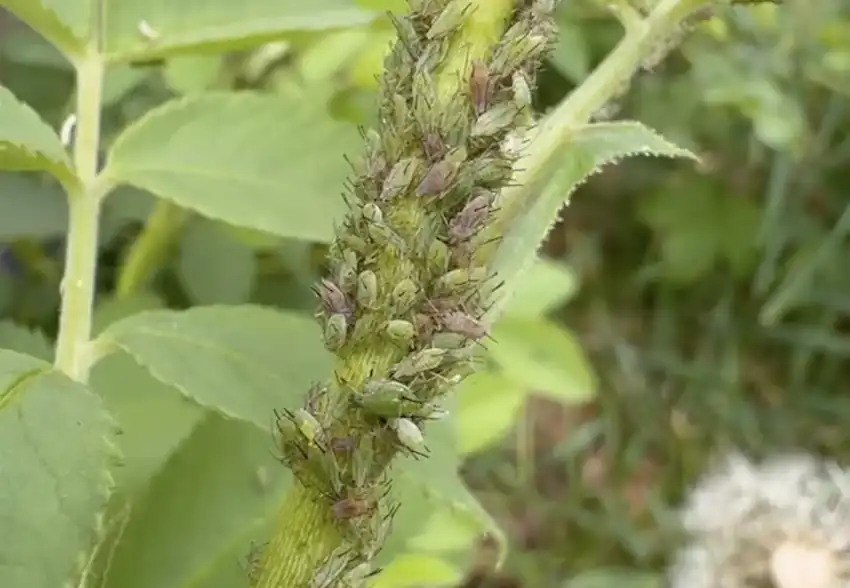Managing Aphids in Your Rose Garden: A Comprehensive Guide
Aphids are notorious pests in rose gardens, recognized for their rapid reproduction and their tendency to inflict considerable damage on rose bushes. By sucking sap from the plants, aphids weaken them and can transmit diseases. Fortunately, there are several effective methods to control and eliminate aphids from your roses, including natural remedies like dish soap. This guide provides a comprehensive approach to managing aphids, ensuring that your garden remains healthy and flourishing.
Understanding Aphid Infestation
1. **Identifying Aphids
- Appearance: Aphids are small, pear-shaped insects that can be green, black, brown, or even pink. They often cluster on the undersides of leaves and at new growth tips.
- Signs of Infestation: Look for curled or distorted leaves, sticky residue on plants (honeydew), and the presence of sooty mold, which is a fungal growth resulting from aphid honeydew.
Effective Methods to Control Aphids
1. **Manual Removal
- Inspect Regularly: Regularly check your rose plants for aphid clusters. Early detection helps prevent a larger infestation.
- Wash Off Aphids: Use a strong jet of water from a hose to wash aphids off the plants. This method works best for light infestations and is a simple way to reduce their numbers.
2. **Natural Predators
- Introduce Beneficial Insects: Encourage or introduce natural aphid predators, such as ladybugs, lacewings, and predatory beetles. These insects feed on aphids and help keep their population in check.
- Create a Habitat: Planting a variety of flowers and herbs in your garden can attract beneficial insects. Plants like dill, fennel, and yarrow are particularly attractive to these predators.
3. **Neem Oil
- Application: Neem oil acts as a natural insecticide and repellent. Mix neem oil with water according to the manufacturer’s instructions and spray it onto affected areas of the plants.
- Effectiveness: Neem oil disrupts the life cycle of aphids, preventing them from reproducing and helping to control their population.
4. **Insecticidal Soap
- Prepare Solution: Mix a solution of insecticidal soap with water according to the label instructions. This solution targets aphids without harming beneficial insects.
- Application: Spray the solution directly onto aphid-infested areas, ensuring that all surfaces, including the undersides of leaves, are covered. Reapply as needed, especially after rain.
5. **Dish Soap Solution
- Prepare Solution: Mix 1-2 tablespoons of mild dish soap with 1 quart of water. The soap helps break down the aphid’s protective coating and suffocates them.
- Application: Spray the soapy solution onto affected parts of the plants. Ensure thorough coverage of aphid-infested areas. This method is effective for small to moderate infestations.
- Note: Test the solution on a small, inconspicuous area of the plant first to ensure it does not cause any adverse reactions.
6. **Companion Planting
- Plant Aphid-Repellent Plants: Some plants can repel aphids and protect your roses. Examples include garlic, chives, and marigolds. Plant these near your roses to help deter aphids.
- Diverse Garden: Maintaining a diverse garden with various plants can help disrupt aphid populations and attract beneficial insects.
Preventive Measures
1. **Maintain Plant Health
- Proper Care: Ensure your rose plants are well-nourished and watered. Healthy plants are more resistant to pest infestations.
- Pruning: Regularly prune and remove any damaged or infected plant parts. This helps improve air circulation and reduces aphid hiding spots.
2. **Monitor and Act Quickly
- Regular Inspections: Regularly inspect your plants for signs of aphids. Early intervention is key to preventing severe infestations.
- Prompt Action: If aphids are detected, act quickly using the methods outlined above to control their numbers and prevent them from spreading.
Additional Tips
- Avoid Overuse of Pesticides: Overuse of chemical pesticides can harm beneficial insects and disrupt the natural balance of your garden. Use natural and targeted methods whenever possible.
- Practice Good Garden Hygiene: Remove fallen leaves and debris that can harbor aphids and other pests.
Conclusion
Controlling and eliminating aphids in your rose garden requires a combination of strategies and proactive management. By utilizing natural remedies like dish soap, encouraging beneficial insects, and maintaining plant health, you can effectively manage aphid infestations and keep your roses thriving. Regular monitoring and prompt action are key to maintaining a healthy and vibrant garden.

